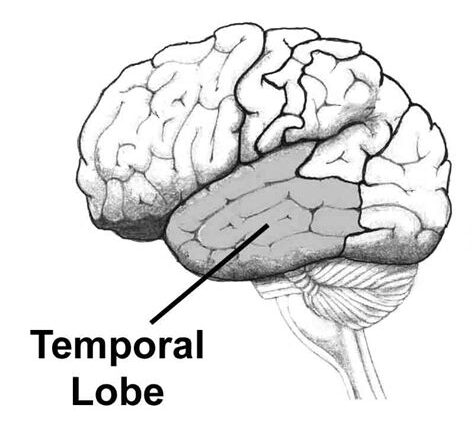“MUSK can accurately predict the prognoses of people with many different kinds and stages of cancer,”
Imagine a world where cutting-edge technology and medical expertise join forces to transform the landscape of cancer care. Picture an innovative Artificial Intelligence (AI) model named MUSK, developed by researchers at Stanford Medicine, heralding a new era in predicting cancer prognoses and treatment responses.
In a groundbreaking study published in Nature, this revolutionary AI model has showcased its prowess in leveraging both visual and language-based information to outperform conventional methods. Trained on an extensive database comprising 50 million medical images and over 1 billion pathology-related texts, MUSK has demonstrated exceptional accuracy in forecasting the prognoses of diverse cancer types.
Named after its functionality as a multimodal transformer with unified mask modeling, MUSK represents a paradigm shift in the application of AI within clinical settings. Dr. Ruijiang Li, an esteemed figure in radiation oncology at Stanford Medicine and the senior author of the study, highlights the significance of integrating varied data sources to enhance predictive capabilities for patient outcomes.
“The biggest unmet clinical need is for models that physicians can use to guide patient treatment,” Li said.
Traditionally, AI tools have predominantly focused on diagnostic applications rather than prognosis prediction and personalized treatment recommendations. The key challenge lies in acquiring meticulously labeled datasets essential for training these models effectively—a hurdle that MUSK adeptly overcomes through its unique architecture as a foundation model.
As Dr. Li articulates, MUSK’s ability to process unpaired multimodal data during pretraining expands its learning potential exponentially. This enables clinicians to fine-tune the AI tool according to specific clinical queries, offering tailored insights into optimal treatment strategies for individual patients.
Through meticulous data collection from The Cancer Genome Atlas across 16 major cancer types, researchers trained MUSK to predict disease-specific survival rates with impressive accuracy levels surpassing conventional methods. Moreover, MUSK’s proficiency extends to identifying potential candidates for immunotherapy among patients with lung or gastroesophageal cancers based on comprehensive data analysis beyond single biomarkers like PD-L1 expression.
“What’s unique about MUSK is the ability to incorporate unpaired multimodal data into pretraining”
By delving into thousands of datapoints encompassing imaging analyses, demographic profiles, medical histories, and clinical notes among others—MUSK elevates precision medicine approaches by providing nuanced insights into therapy responses tailored to individual patient needs.
The transformative impact of this pioneering AI model reverberates across various realms within oncology—from enhancing prognostic accuracy for melanoma recurrence predictions to optimizing immunotherapy decisions for non-small cell lung cancer patients. With each successful prediction made by MUSK exceeding industry benchmarks significantly—the promise of AI-driven advancements in healthcare delivery becomes increasingly palpable.
Collaborative efforts involving researchers from prestigious institutions like Harvard Medical School underscore the collective commitment towards harnessing AI innovations for advancing patient-centric care paradigms. Funded by prominent bodies such as the National Institutes of Health and Stanford Institute for Human-Centered Artificial Intelligence—this research paves the way for future breakthroughs at the intersection of technology and healthcare.
In conclusion,











Leave feedback about this